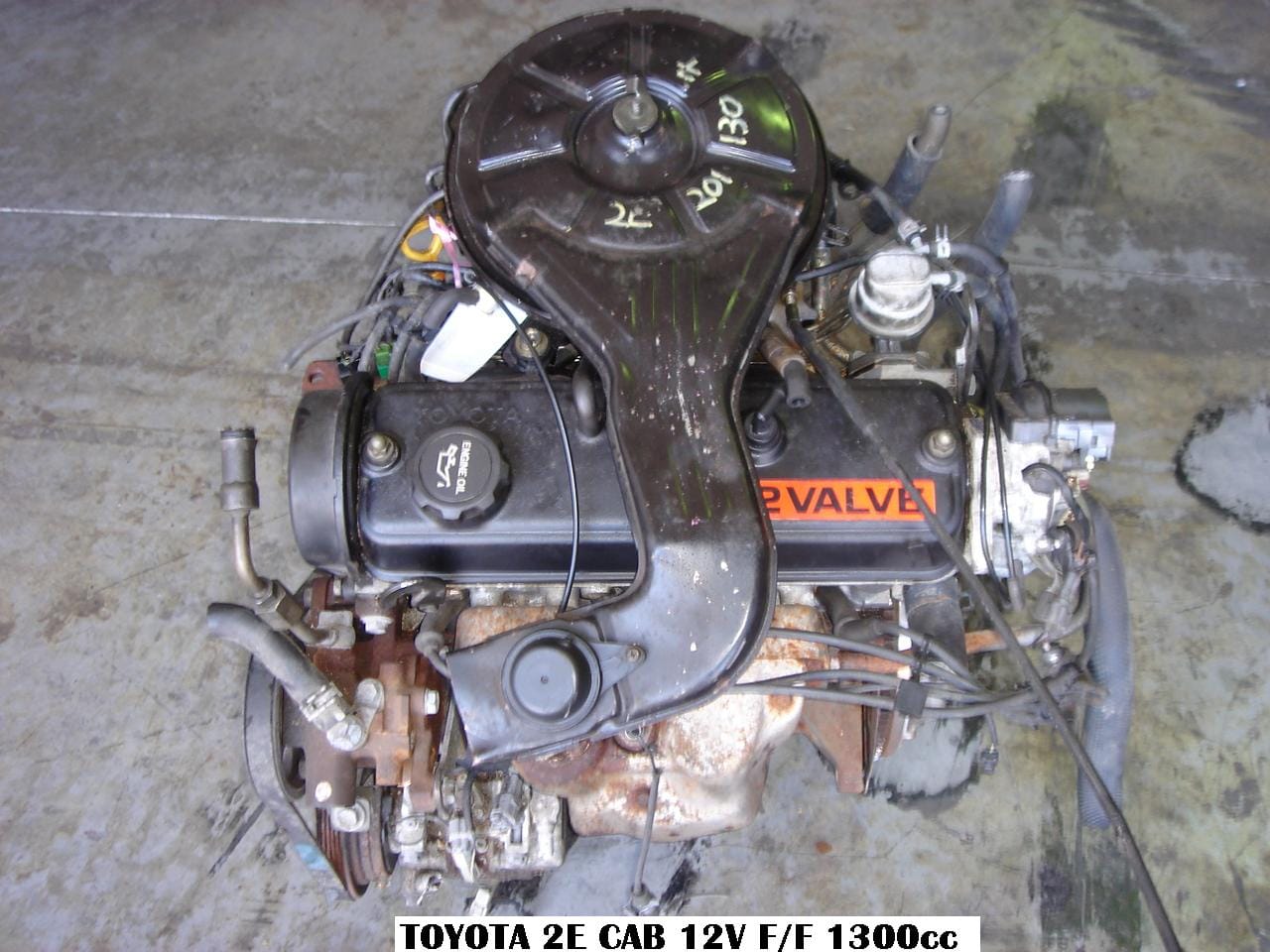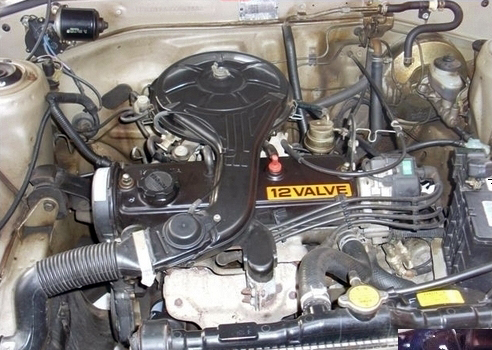Open Efficiency: Toyota Tazz Engine for Sale at Affordable Costs
Open Efficiency: Toyota Tazz Engine for Sale at Affordable Costs
Blog Article
Engine Buying Professional Tips on Picking the Right Engine for Your Details Needs
Selecting the best engine for your certain requirements includes a complex interplay of elements that surpass mere horse power numbers. From power output to sustain performance, the decision-making process can be daunting. Understanding the subtleties of engine types, dimensions, and their compatibility with your vehicle is vital. However, there are professional ideas that can assist browse this terrain with confidence. By diving into the details of power versus efficiency, evaluating fuel rankings, and budgeting for lasting costs, one can genuinely maximize their engine option.
Power Vs. Performance: Finding the Equilibrium

When choosing an engine, it is essential to strike an equilibrium in between power and performance to fulfill your certain requirements properly. Power refers to the engine's capability to produce power for propulsion, figuring out factors like acceleration, lugging ability, and overall performance (Toyota Tazz Engine For Sale). On the other hand, efficiency associates with exactly how well the engine makes use of gas to create power, influencing elements such as gas economic climate and ecological friendliness
Attaining the right balance between power and effectiveness is necessary due to the fact that an engine that is also effective may eat excessive gas, resulting in greater operating expense and unnecessary stress on the environment. Alternatively, an engine that prioritizes performance over power might lead to sluggish performance, specifically popular scenarios like lugging hefty tons or driving uphill.
To make an informed decision, think about aspects such as your common driving problems, the intended use of the lorry, and your individual preferences. By reviewing your priorities and demands, you can select an engine that strikes the ideal equilibrium between power and performance, making sure ideal efficiency while decreasing environmental effect and operating prices.
Understanding Engine Dimension and Type

Usual engine types consist of inline engines, V engines, and rotary engines, each with its one-of-a-kind advantages and disadvantages. Understanding the interaction between engine size and type is essential in picking an engine that straightens with your specific requirements and top priorities, whether it be power, effectiveness, or a balance of both.
Consider Your Vehicle's Needs
Considering your car's requirements is a fundamental action in the engine choice process to guarantee ideal efficiency and capability. It is necessary to assess aspects such as the meant use the automobile, its weight, hauling ability, and fuel effectiveness requirements. For instance, if you are searching for an engine for a heavy-duty truck that will be made use of for towing, you will require an effective engine with high torque abilities. On the various other hand, if you are picking an engine for a small car largely made use of for city commuting, fuel efficiency might be an extra essential aspect to consider.

Assessing Fuel Efficiency Scores
Evaluating gas effectiveness ratings is a crucial aspect of choosing the ideal engine for your car, making sure expense financial savings and ecological sustainability. Gas effectiveness ratings, typically measured in miles per gallon (MPG) for fuel engines or kilowatt-hours per 100 miles (kWh/100 miles) for electric engines, indicate how much a vehicle can take a trip on a details amount of fuel or power. Greater MPG or lower kWh/100 miles worths signify extra efficient engines, translating to decreased fuel costs and lower carbon exhausts.
Furthermore, contrast various engine choices within the very same vehicle course to identify the most economical option. Elements such as engine size, weight, the rules of aerodynamics, and hybrid or electrical capacities can all influence gas effectiveness.
Budgeting for Long-Term Prices
Purposefully intending for long-term expenditures is essential when picking an engine, making sure financial sustainability over the car's life-span. While the initial purchase cost of an engine is a significant element, it is vital to think about the lasting costs connected with upkeep, repairs, and fuel consumption.
In addition, looking into the accessibility and expense of replacement parts for the chosen engine is important in budget plan preparation. Engines with readily offered and affordable components can substantially affect long-term maintenance costs. Furthermore, thinking about the engine's resilience and anticipated lifespan can help prevent unexpected replacement expenses in the future. By thoroughly budgeting for these long-term expenditures and factoring them right into the decision-making procedure, people can pick an engine that not only satisfies their immediate demands however additionally remains affordable why not try this out throughout its life-span.
Final Thought
Finally, choosing the right engine for your certain demands calls for balancing power and effectiveness, understanding engine size and type, considering your vehicle's requirements, examining gas performance ratings, and budgeting for long-lasting expenses. By thoroughly thinking about these elements, you can make sure that you choose an engine that meets your needs and supplies optimum performance for your vehicle.
To even more refine the option procedure of an engine that strikes the optimal balance in between power and effectiveness, it is vital to delve right into the complexities of comprehending engine size and type. Engine size refers to the total quantity of air and fuel that can be pressed with the engine cyndrical tubes. Usual engine types include inline engines, V engines, and rotating engines, each with its distinct benefits and downsides. Recognizing the interaction in between engine size and type is crucial in selecting an engine that straightens with your details requirements and top priorities, whether it be power, performance, or an equilibrium of both.
Gas effectiveness scores, generally determined in miles per gallon (MPG) for gas engines or kilowatt-hours per 100 miles (kWh/100 miles) for electrical engines, show exactly how much a vehicle can take a trip on a particular amount of Bonuses gas or power.
Report this page